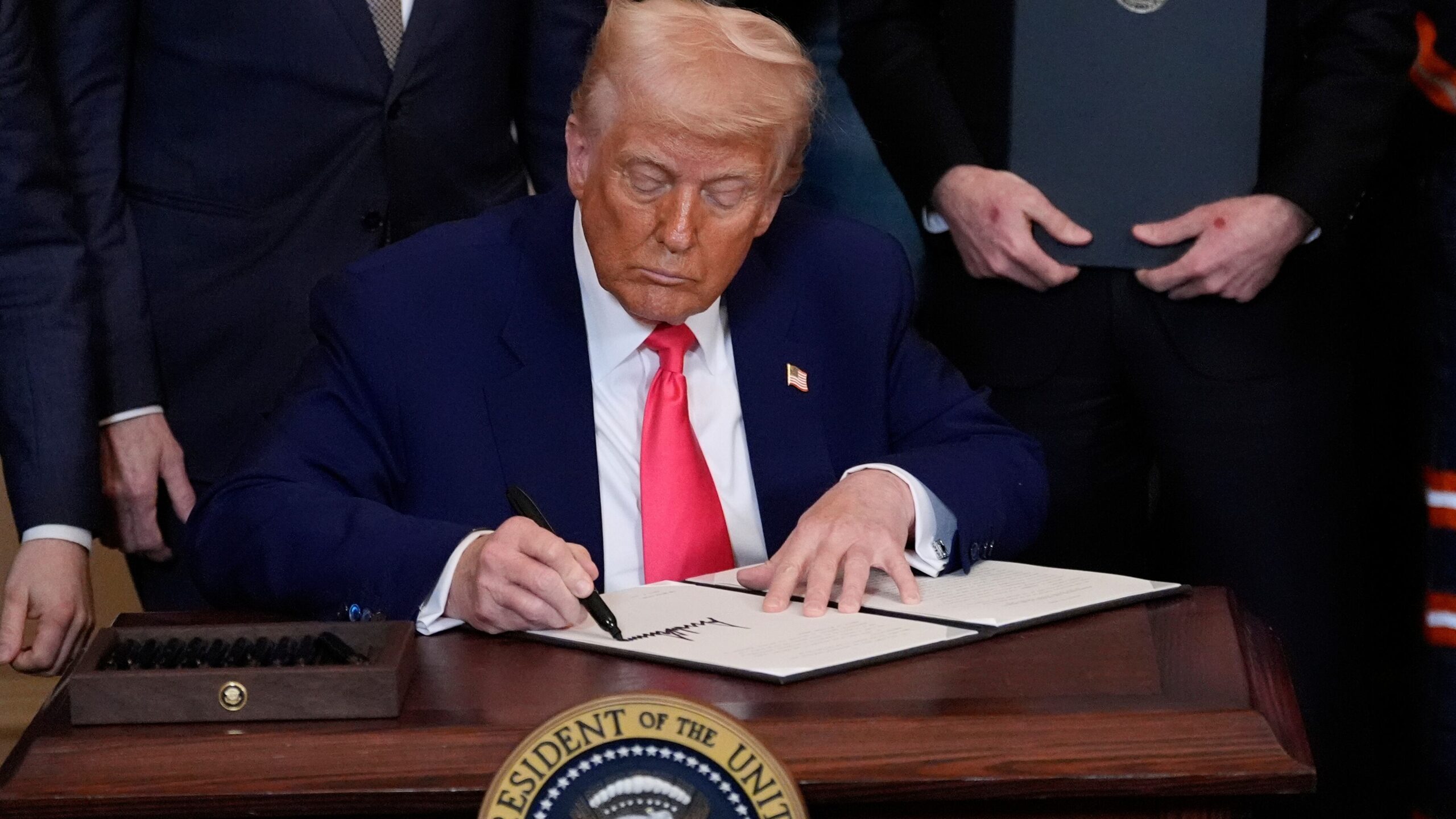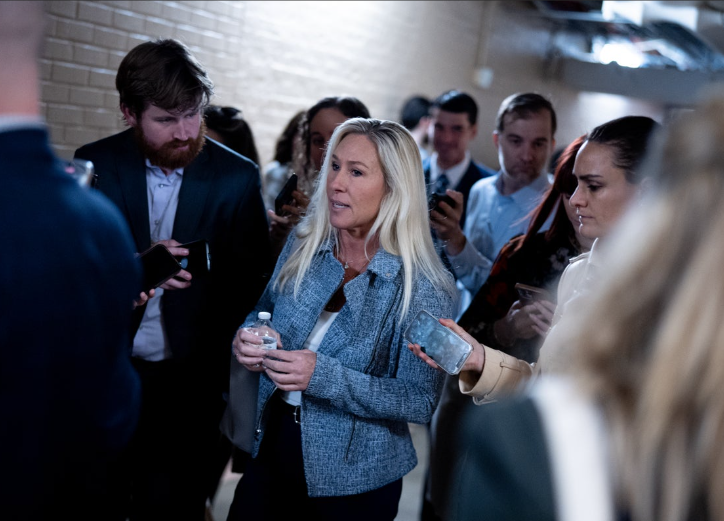Trump Signs Executive Order to Equalize U.S. Drug Prices
In a decisive move to address the longstanding issue of exorbitant prescription drug costs, President Donald Trump signed an executive order on May 12, 2025, aiming to align U.S. drug prices with those of other developed nations. This “Most Favored Nation” (MFN) policy mandates that the U.S. will pay no more for prescription medications than the lowest price paid by any other developed country.
Announced via Trump’s Truth Social platform, the executive order is projected to reduce drug prices by 30% to 80% almost immediately. Trump emphasized that this initiative would bring fairness to American consumers who have long subsidized lower drug costs in other countries. “American patients were effectively subsidizing socialist health-care systems,” he stated, highlighting the disparity in global drug pricing.
The executive order sets a 30-day deadline for the Department of Health and Human Services to negotiate new pricing agreements with pharmaceutical companies. If negotiations fail, the policy will enforce pricing parity based on the lowest international rates.
This policy marks a revival of a similar initiative from Trump’s first term, which was previously blocked by a federal court. The earlier attempt was projected to save taxpayers over $85 billion over seven years.
The pharmaceutical industry has expressed strong opposition to the MFN policy. Alex Schriver, a spokesperson for the Pharmaceutical Research and Manufacturers of America, stated, “Government price setting in any form is bad for American patients.” Industry leaders argue that such measures could stifle innovation and lead to reduced investment in research and development.
Despite industry pushback, Trump remains steadfast in his commitment to reducing drug prices. He criticized pharmaceutical companies for prioritizing profits over patients and accused them of leveraging campaign contributions to influence policy. “Campaign Contributions can do wonders, but not with me, and not with the Republican Party,” Trump asserted.
The announcement has had immediate economic repercussions. Major pharmaceutical stocks, including AbbVie, AstraZeneca, and Johnson & Johnson, experienced declines ranging from 2.3% to 3.7% following the news. Analysts warn that the policy could lead to a significant decrease in pharmaceutical company revenues, particularly from government-funded programs.
International markets have also felt the impact. Pharmaceutical stocks in Europe and Asia saw notable declines, with companies like AstraZeneca and GSK experiencing losses between 3.3% and 6.8%. Analysts suggest that the policy could influence global pharmaceutical pricing structures and trade negotiations.
Trump’s administration argues that the MFN policy is a necessary step to correct systemic inequities in drug pricing. By aligning U.S. prices with those of other developed nations, the policy aims to alleviate the financial burden on American consumers and taxpayers. Trump stated, “Our Country will finally be treated fairly, and our citizens’ Healthcare Costs will be reduced by numbers never even thought of before.”
The executive order is part of Trump’s broader healthcare agenda, which includes efforts to increase transparency in drug pricing and reduce regulatory barriers to pharmaceutical competition. These initiatives reflect a commitment to market-based solutions that prioritize consumer interests over corporate profits.
Critics argue that the policy could lead to unintended consequences, such as reduced access to certain medications or decreased investment in new drug development. However, supporters contend that the potential savings for consumers and the government justify the risks.
As the Department of Health and Human Services begins negotiations with pharmaceutical companies, the healthcare industry and consumers alike will be closely monitoring the outcomes. The success of the MFN policy could set a precedent for future healthcare reforms aimed at balancing affordability with innovation.
Trump’s decisive action on drug pricing underscores his administration’s commitment to putting American patients first. By challenging entrenched industry practices and advocating for equitable pricing, the executive order represents a significant step toward addressing one of the most pressing issues in U.S. healthcare.
In the coming weeks, the effectiveness of the MFN policy will become clearer as negotiations unfold and its impact on drug prices materializes. For now, the executive order stands as a bold assertion of the administration’s resolve to confront the pharmaceutical industry’s pricing strategies and advocate for American consumers.





